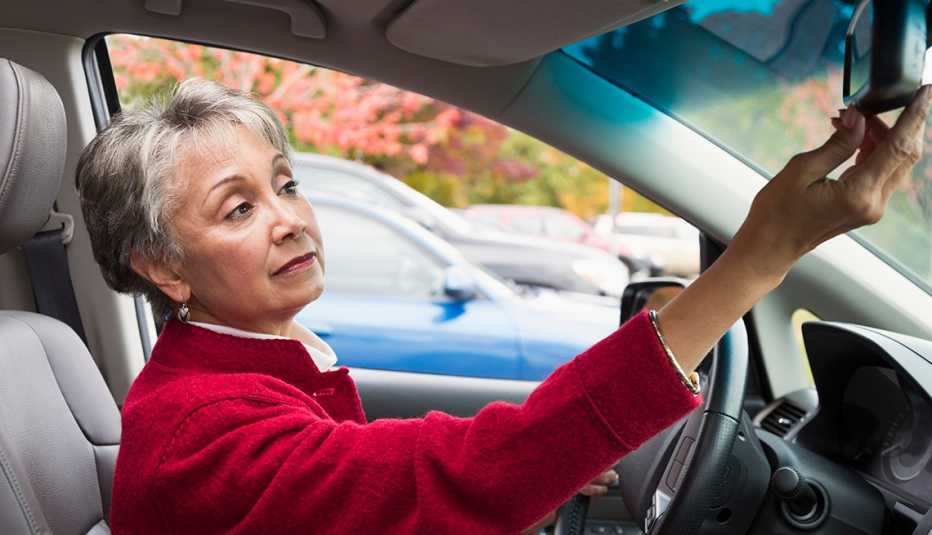AARP Hearing Center
A third of people over age 65 have some degree of hearing loss — a percentage that doubles among those 75 and older. Yet the average person who notices problems with their hearing waits about seven years before seeking help, and only a fraction of people who could benefit from hearing aids actually use them. That means there's a whole lot of drivers with hearing impairments out on the road.
It's not illegal to drive with hearing loss (though some states have specific vehicle requirements for people who are hearing impaired), but that doesn't make it safe. A study published in the Journal of the American Geriatrics Society reported that older adults with hearing loss were less proficient in driving tests when faced with distractions than their peers with no hearing impairments — suggesting that the additional effort needed to hear was making it more challenging to focus on all of the tasks needed to navigate the road.
"Hearing loss can be more mentally fatiguing than people realize,” says Stefanie Wolf, an audiologist with Audiology of Nassau County, Rockville Centre, N.Y. “If you're trying to be a safe driver and it's taking extra attention to hear signals and your surroundings, it can put you and other people on the road at risk."
And you might not even realize the severity of the problem, Wolf says. “Hearing loss usually sneaks up on people very, very slowly, and one doesn't know what one does not hear.” That's why she recommends everyone 55 and older have a baseline hearing evaluation, then regular checkups.
































































